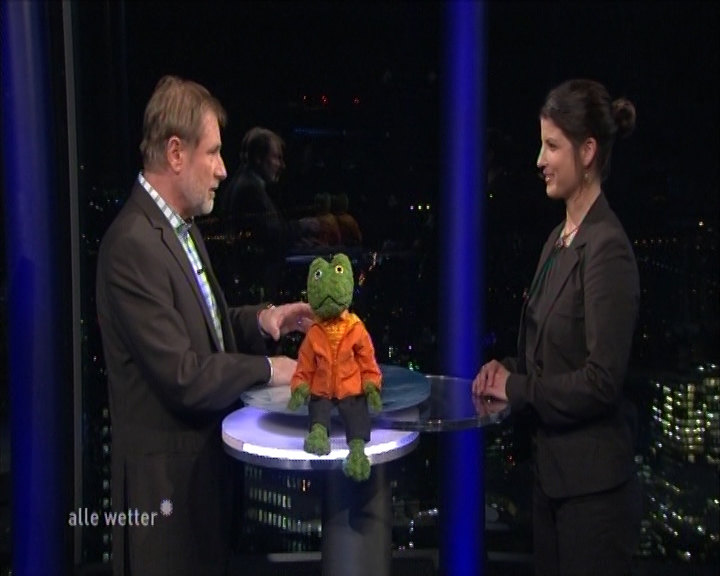Realising carbon footprint reduction in food and non-food chain by new production systems based on LED lighting (LED)
Challenge Platform: Bio-Economy
Project Start Date: 07/2013
Lead partner: Wageningen University, NL
Project type: Pathfinder – Develops and brings to market climate-relevant knowledge, services and products
Project lead: Dr Anja Dieleman, Wageningen UR <anja.dieleman@wur.nl>
Partners
This project involves 3 partners in 2 European countries:
- Wageningen University, The Netherlands (Climate-KIC Core Partner)
- Philips (Engineering and electronics conglomerate), The Netherlands
- L'Institut national de la recherché agronomique (INRA), France (Climate-KIC Core Partner)
Concept
The use of artificial light in greenhouse horticulture depends on energy from non-renewable sources. The industry is, therefore, one of Europe’s largest energy consumers and produces vast quantities of carbon emissions. The Light Emitting Diode (LED) project examines the potential use of LED lights in greenhouse production systems. The introduction of these lights could lead to an emissions reduction of at least 25%.
The climate change issue
Because of the intensive nature of food production, greenhouse systems currently pose a significant climate change threat. However, these production chains generate substantial revenue, so it is important to develop a sustainable production system with a low carbon footprint.
The Project Solution
The LED project aims to demonstrate the benefits of replacing High Pressure Sodium (HPS) lamps with LED lights in greenhouse systems. LED lights have several advantages over HPS lamps. They emit a wide spectrum of colour and are more versatile in their applications, producing higher crop yields. LEDs produce light energy more efficiently than HPS lamps and therefore produce less excess heat. This means that plant damage is reduced and lights can be positioned closer to crops, accelerating the production process.
The use of LED technology opens the door to new opportunities to control the growth and quality of crops, whilst improving the energy efficiency of the production system. The project aims to contribute to the widespread implementation of this technology with the overall goal of exploring the potential to reduce the carbon footprint of the industry. A market study targeting the retail sector, for example supermarkets, will explore how the barriers preventing the implementation of LEDs can be overcome.
In the long-term, the project will focus on advancing LEDs and production systems to further improve their efficiency and generate newexplore new opportunities to bring them to market. Improvements in production and reductions in cost will result in profitability across the whole supply chain.
The role of Climate-KIC
Climate-KIC has helped to get the project underway by funding it. It also provides a vast network of partners, who can provide expertise in other areas. Climate-KIC, created the opportunity to progress the project from a piece of research into actual implementation.



